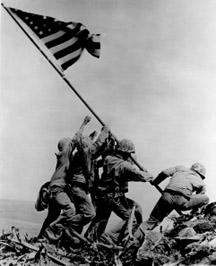Military Tribual of Abdul Zahir
01/20/2006 - Military Commission Charges Referred
The Department of Defense announced today that charges were approved and referred to a military commission in the case of Abdul Zahir by the appointing authority, John D. Altenburg Jr., on Jan. 18, 2006. Referral is the step in the military commission process where the appointing authority designates the presiding officer and panel members who will hear a particular case. A trial date has not yet been set.
Zahir is charged with conspiracy, aiding the enemy, and attacking civilians. The case was referred as a non-capital case to a panel consisting of six members and two alternate members. The panel members consist of three Air Force colonels, two Army colonels and a Navy captain. A Navy lieutenant commander and a Marine Corps lieutenant colonel are alternate members.
Col. Robert S. Chester, who has 23 years of experience as a judge advocate and seven years of experience as a military judge, was selected as the presiding officer for this case. Chester is also the presiding officer in the Khadr case.
Zahir is presumed innocent of any criminal charges unless proven guilty beyond a reasonable doubt at a military commission. Military commission procedures provide for a full and fair trial to include: the presumption of innocence; a requirement for proof of guilt beyond a reasonable doubt; representation by a military defense counsel free of charge with the option to retain a civilian defense counsel at no expense to the U.S. government; an opportunity to present evidence and call witnesses; no adverse inference if an accused chooses not to testify; and an appeal to an independent and impartial review panel. Military commissions have historically been used to try violations of the law of armed conflict and related offenses.
Semper Fi







0 Comments:
Post a Comment
<< Home